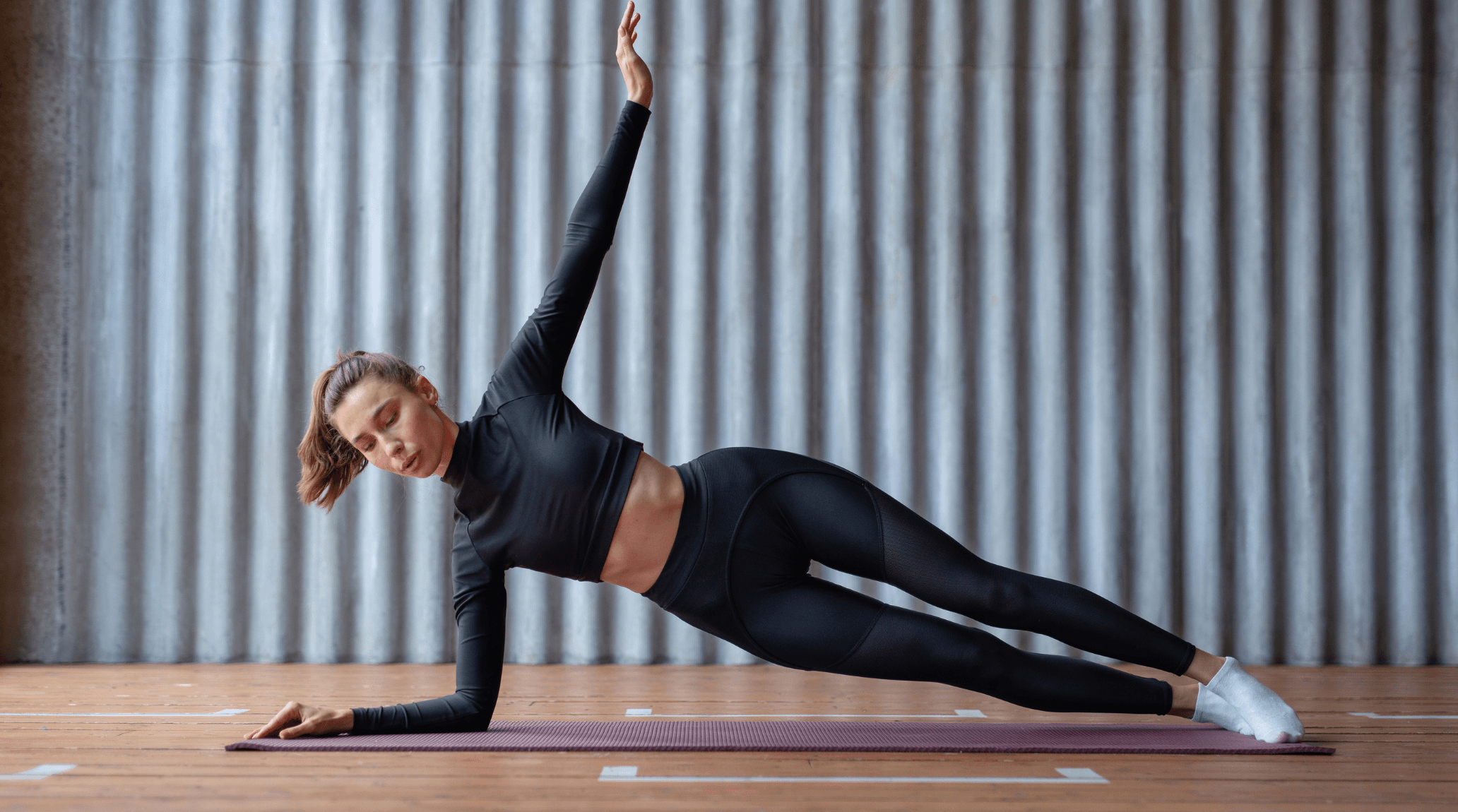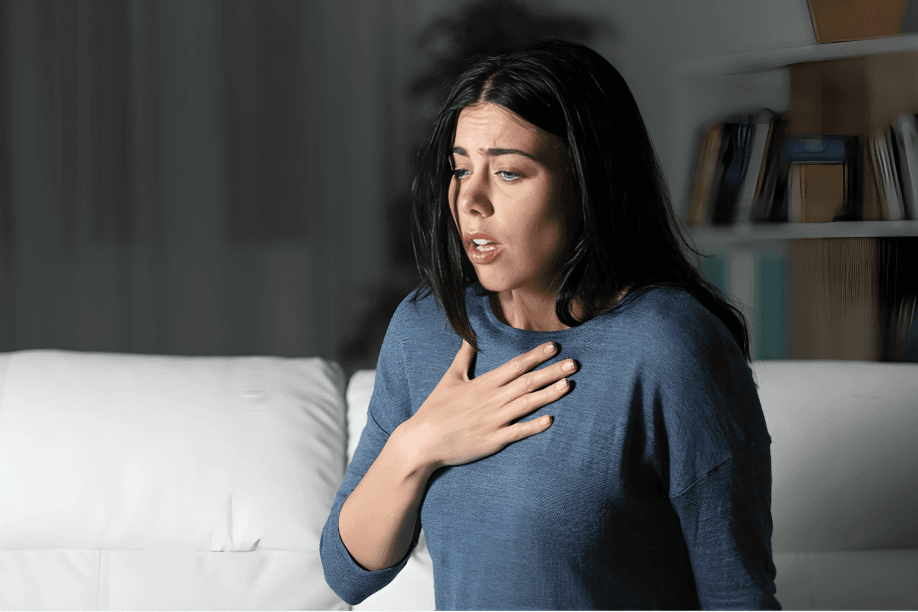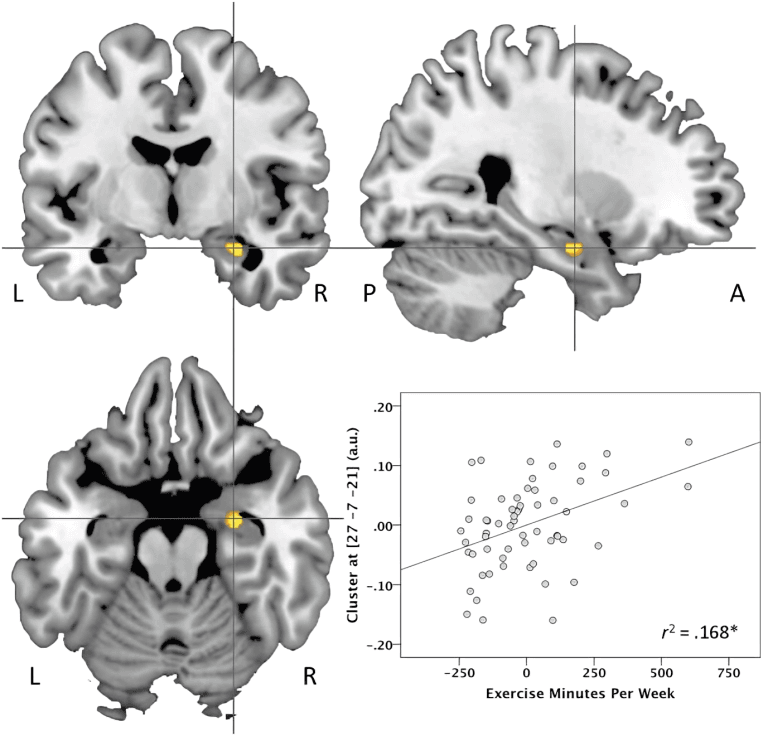
“
When life feels overwhelming, the mind races, and the heart feels heavy, discovering the role of exercise in reducing anxiety can be nothing short of empowering. This natural remedy doesn’t require a prescription, only your commitment and movement. The role of exercise in reducing anxiety lies in its ability to calm the nervous system, increase endorphins, and provide a sense of structure and achievement. 1
1
”
Regular physical activity reduces anxiety by influencing brain chemicals, regulating cortisol, and boosting endorphins. It naturally calms the nervous system and improves emotional balance without medication.1
Aerobic exercises like jogging and dancing increase brain-derived neurotrophic factor (BDNF), which supports brain plasticity and reduces anxiety by strengthening the brain’s ability to cope with stressful experiences.2
Daily or frequent exercise significantly lowers anxiety symptoms by improving mood and reducing muscle tension, making it a recommended strategy by many mental health professionals globally. 3

Physical activity mimics exposure therapy by creating similar sensations to panic—like rapid heartbeat—but in a safe way. This helps train the brain to react calmly instead of fearfully.
Exercise causes the release of natural mood enhancers such as endorphins and serotonin, which improve emotional well-being and combat stress and anxiety in both short-term and long-term ways. 4
Anxiety often causes muscle tightness and physical unease. Exercise reduces this tension by relaxing the muscles through motion, making the body feel calmer and less reactive to stressors. 5
Group exercise sessions, like fitness classes or team sports, provide social interaction that eases and supports mental well-being, both important elements in reducing anxiety and improving confidence. 6
Exercise helps regulate sleep patterns by improving sleep depth and quality. Since lack of sleep intensifies anxiety, better rest from regular workouts creates a powerful cycle of mental improvement. 7
Physical activity enhances self-belief and competence. This boost in self-efficacy makes people feel more capable of managing anxiety-inducing situations, increasing resilience in day-to-day challenges. 8

Brain scans show regular exercisers often have larger hippocampi—an area linked to memory and emotion control. This structural benefit helps regulate anxiety and improves mental clarity over time.
Chronic anxiety is linked to inflammation and oxidative stress. Exercise reduces both, helping calm the body’s internal environment and creating a more stable emotional and psychological state overall. 9
Physical activity regulates the hypothalamic-pituitary-adrenal (HPA) axis, which manages how the body responds to stress. When the HPA axis functions better, anxiety symptoms become less intense. 10
Panic disorder and anxiety often involve poor control over autonomic responses. Exercise strengthens these regulatory systems, reducing the frequency and severity of panic attacks over time. 11
Engaging in physical activities interrupts constant worrying and obsessive thoughts by giving the brain a healthy distraction, shifting attention from internal stress to an external task or rhythm. 12
Exercise improves cognitive functions such as focus and decision-making. This mental sharpness helps people manage daily stressors more effectively and reduces the feeling of being anxious. 13
During exercise, levels of gamma-aminobutyric acid (GABA)—a calming neurotransmitter—increase. Higher GABA activity slows down neural excitability, which contributes to a more peaceful mental state. 14

Serotonin, often called the “happiness chemical,” increases after exercise. Higher serotonin levels improve mood and directly lower anxiety levels, especially for those experiencing generalized anxiety disorder.
Deep breathing often goes off track during anxiety. Exercise promotes better respiratory rhythms and lung efficiency, reducing hyperventilation and helping individuals regain calm and breathing control during stress. 15
Heart rate variability (HRV), a measure of how well your nervous system balances stress and recovery, improves with exercise. Better HRV means better regulation of anxiety-related physiological responses. 16
Daily workouts provide a structure and routine that ground individuals. This sense of predictability brings comfort and lowers general anxiety, especially during uncertain or emotionally overwhelming life periods. 17


